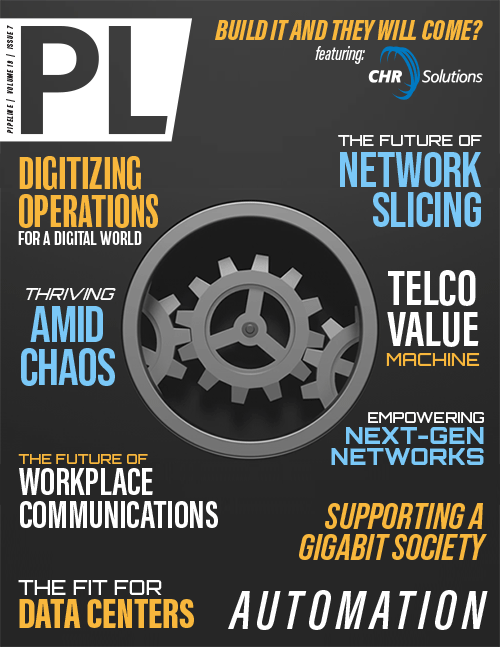Telco: A Value Machine for Modern Times
Assigning value for
high-volume transactions
Telco is not alone in requiring a modern ability to assign value for highly variable dynamic transactions. And telco is not alone in addressing current challenges where excessive costs are required with the mechanics of reconciling these exchanges.
Connectivity has begun to underpin almost every product and service across all industries, expanding these ecosystems and having major implications on how they exchange value across a new supply chain.
Connected devices enable new data regarding retail behavior, device performance, product lifecycle and purchase renewal, and so much more. This data, much of which can be used to tailor experiences or to monetize offerings, is expected to reach 79.4 ZB (zettabytes) by 2025.
Services that rely on connectivity and data (as in, nearly everything) are primed for a massive shift in commerce models. There will be first-mover advantages. It only takes one disruptor in a category to have a domino effect. We are seeing the beginnings of this shift in the telecom domain with operators implementing dynamic pricing for the first time, based on multiple factors such as customer segment, service mix, and which competitor they are currently targeting. DISH is a great example of this, looking at dynamic pricing as part of its 5G network build as a way of capitalizing on revenues from network slicing for enterprise customers.
Additionally, regulatory changes and product innovation are transforming the landscape, enabling non-telco industries to address these needs independently. Private networks are emerging to enable new forms of access. Chipset innovations are providing the means for almost every machine to connect and share data, with analysts forecasting explosive growth as 5G innovation increasingly requires high-performance computing capabilities. Whereas once telecommunications services had little in common with other goods and services, the lines are now considerably blurred.
A value machine for modern times
In the face of these changes, all companies in every industry must reconsider how they differentiate and deliver market-segmented pricing models that are meaningful to their targeted customers. In most cases, companies have software and processes in place that are not fit for purpose.
Models for value assignment are converging, and commonalities across industries benefit all. Innovative companies are optimizing value based on a combination of the purchase price, inherent value from insights over time, and ability to adapt quickly to rapidly changing market conditions.
Business support systems must address these new advances in radically new ways than in the past. Whereas custom solutions were once the norm, synergies in value assignment and facilitating exchanges regardless of industry will drive down costs, essential to providing a return on investment.
Commonalities for the modern value machine include:
- Harnessing cloud, open-source innovation, and the worldwide development community;
- Supporting real-time dynamic pricing conditions for all transactions at the time of purchase; and
- Serving these functions with the most efficiency, predictability, and the lowest possible cost.
Let’s look at each of these points here:
Harnessing cloud
While sunk costs were defensible for first- and second-generation business support systems, the variable nature of emerging business models demands cloud-centric business support systems to manage modern exchanges of value. Solutions suited to the cloud serve to provide elastic cost



















